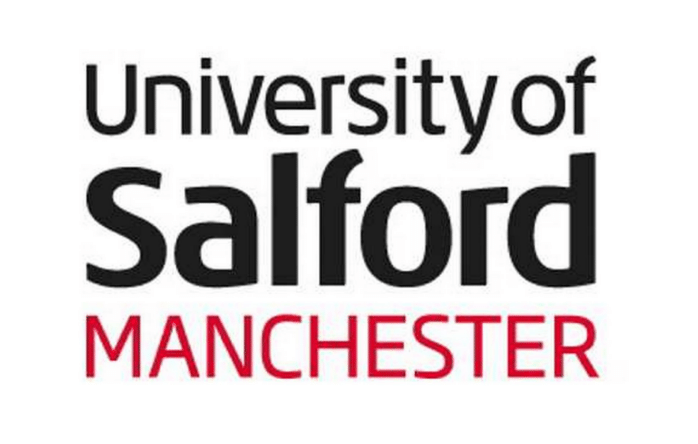The forthcoming by-election in the Cumbrian constituency of Copeland will be a key test for Labour’s electoral prospects under Jeremy Corbyn, according to a University of Salford academic.
Writing in The Conversation, politics and political theory tutor Ben Williams says that while, under normal circumstances, major opposition parties would feel confident defending one of their own seats at this stage of the parliamentary cycle, we are not currently experiencing usual circumstances. What he calls Corbyn’s ‘divisive leadership’ has seen Labour’s opinion polls struggle to improve, while the Conservatives have led the polls by double digit figures.
Next month’s by-election has been triggered by the resignation of incumbent MP Jamie Reed, who has decided to take a job at the nearby Sellafield nuclear power plant.
While Labour has held the seat since 1935, Reed had a majority of just over 2,500 votes in the 2015 election, during which the seat registered a 1.2 per cent swing to the Conservatives, and Theresa May’s governing party is currently bookies favourite in Copeland.
Williams says that Corbyn’s personal views on Trident could play a major role in the election.
He says: “On the ground, some Labour activists have acknowledged the potential unpopularity of Corbyn in this part of the world. For one thing, he could be perceived as a London-based politician without links to this peripheral region. But another big issue could be his avowed opposition to nuclear weapons.
“Although Labour’s official position is to support the renewal of the controversial Trident nuclear submarine programme, Corbyn’s personal opposition will not be that popular in a constituency where the nuclear industry is a major employer.”
While Labour’s inflated membership means a large number of campaigners available to work on the ground, the local party may distance itself from Corbyn on nuclear issues.
Although UKIP finished third in Copeland in 2015, with just over 15 per cent of the vote, this is a relatively firm base from which to build, and Europe could also play a major part in the by-election as the area voted strongly for Brexit in last year’s referendum.
He says: “Copeland encapsulates the problem facing Labour in several its northern working-class seats. The party’s cosmopolitan, pro-EU stance is at odds with many of its traditional voters in predominantly white, working-class locations like these.
“This could offer a rich seam of working-class votes for UKIP. And while a UKIP victory is a long-shot from third place, the party could still play a key role in shaping the by-election’s outcome. Even a relatively small Labour-to-UKIP swing could open the door for the Conservatives. A fragmentation of Labour’s core vote provides the perfect opportunity for a Conservative victory.
“The absolute nightmare scenario for Labour is that it could even slip to third place in Copeland. If that were to happen, Corbyn’s position would be subjected to major scrutiny and further turbulence would await the Labour Party as 2017 progresses.”


















